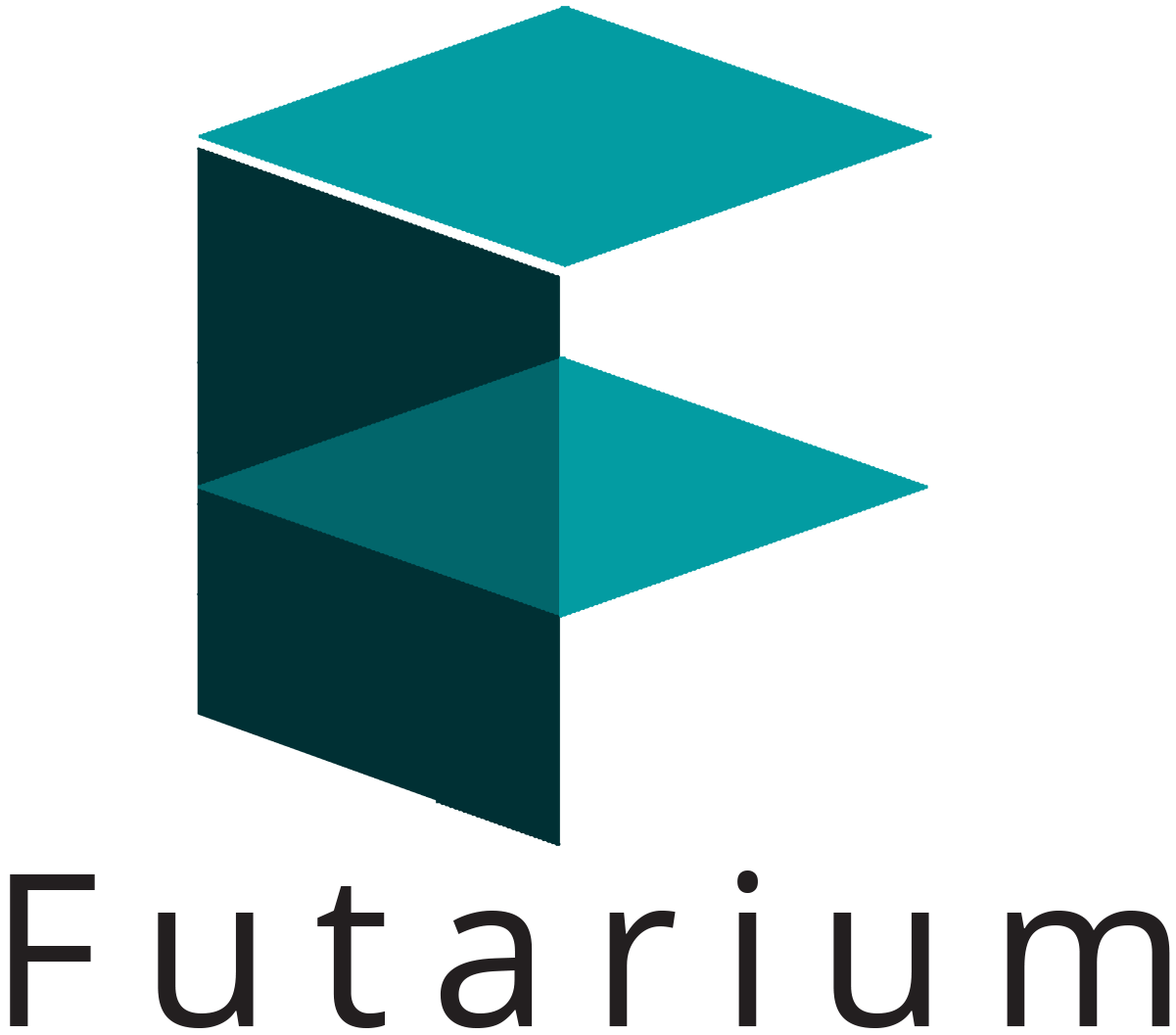Blockchain technology has the potential to be used for document authentication in a number of ways. One potential application is the use of a blockchain to create a decentralized and secure system for storing and verifying digital documents.
In such a system, documents could be stored on a blockchain and encrypted using cryptographic techniques to ensure their security and integrity. The blockchain could then be used to create a verifiable and immutable record of the document, including information about its creation, modification, and distribution.
This could be useful for a variety of purposes, such as verifying the authenticity of important documents like contracts, deeds, and legal agreements, or for tracking the ownership and provenance of valuable physical assets like artwork or collectibles.
Another potential use of blockchain technology for document authentication is the creation of smart contracts. These are self-executing contracts with the terms of the agreement between buyer and seller being directly written into lines of code. The code and the agreements contained therein are secured by blockchain technology. Smart contracts can be used to automate the authentication and execution of contracts, potentially reducing the need for intermediaries like lawyers and notaries.
Overall, the use of blockchain technology for document authentication has the potential to create a more secure and efficient system for verifying the authenticity and integrity of important documents.




